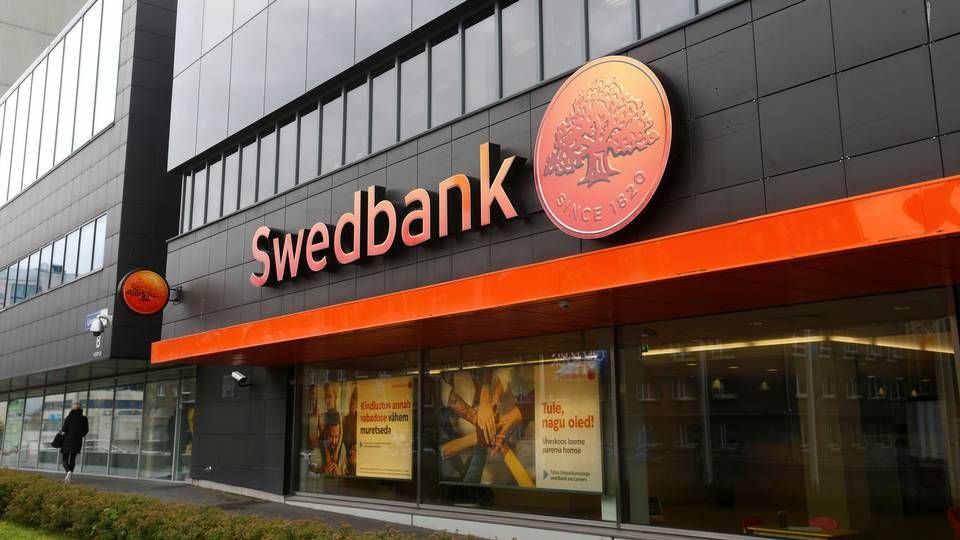Swedbank’s bond investors get a little extra in USD 8 billion plan

Stockholm-based Swedbank, which dominates financial markets in the Baltics, sold EUR 750 million in senior non-preferred notes last week. The debt will be used to help the bank comply with new European rules designed to protect taxpayers from financial crises.
“We probably need to pay around 10 basis points more for our senior non-preferred debt than we otherwise would have had to pay if we hadn’t been in this situation that we are in today,” Gregori Karamouzis, Swedbank’s head of investor relations, said in an interview. He also said that the spread to the bank’s peers has narrowed since the laundering affair first erupted earlier this year.
Karamouzis says Swedbank “recognizes” that the laundering case means investors want to be compensated. “And we respect
that,” he said. The bank is being investigated in Estonia, Sweden and the U.S. amid allegations it may have handled more than USD 100 billion in potentially suspicious funds via its Baltic operations.
Last week, Swedbank fired three of its top executives at its Estonian unit as probes into its conduct continue. The case has been tied by Swedish media to the Danske Bank USD 220 billion Estonian laundering scandal.
As Swedbank absorbs the dent to its reputation, Karamouzis says it’s now looking into selling senior non-preferred notes in urrencies other than euros. Of the SEK 75 billion, or almost USD 8 billion, it needs to issue in bail-in bonds, Swedbank plans to spend the next 2 1/2 years targeting bond investors in dollars, yen, Swiss francs and British pounds, he said.
European countries have spent the past few years implementing the Bank Recovery and Resolution Directive, designed to ensure taxpayers are never again called on to bail out the financial industry. For banks it means having enough equity and debt to absorb losses and, in some cases, to rebuild and resume operations. A key instrument to help banks comply is the kind of senior non-preferred debt that Swedbank just sold.
The debt office in Stockholm, which decides how Sweden should deal with failed banks, sets the rules for so-called minimum equirements for own funds and eligible liabilities (MREL). Last month it urged banks to step up issuance of debt to meet a Jan. 1, 2022, deadline to be compliant with MREL rules, and plans to track banks’ progress during the autumn. But banks are still unsure how much of the MREL buffer needs to be filled with debt. Swedbank is betting it won’t need to change its target.
“We have not assumed that there would be a change in that requirement, we have assumed our requirement is around 75 billion Swedish kronor,” Karamouzis said.













